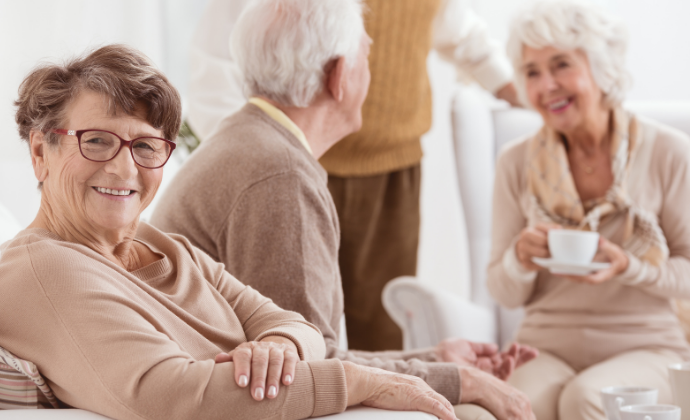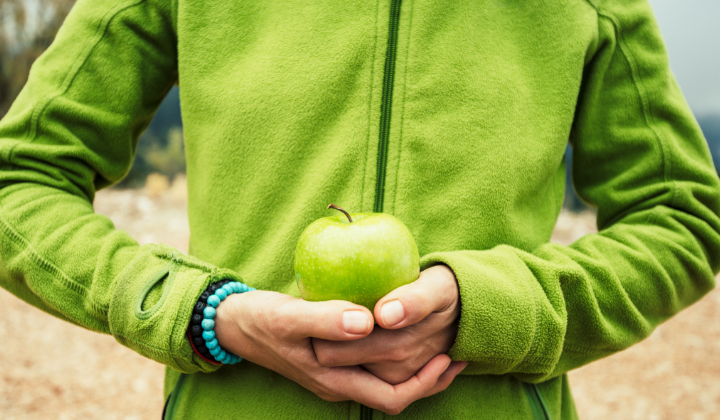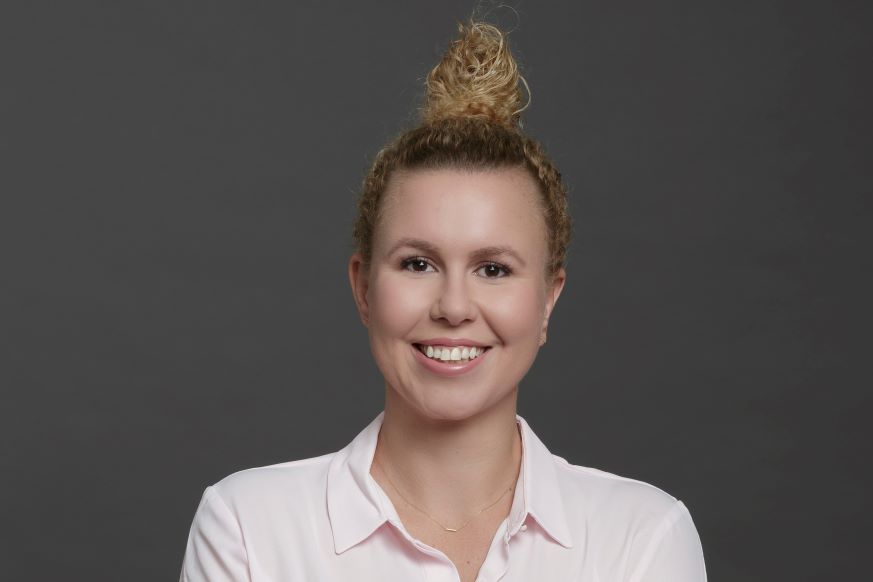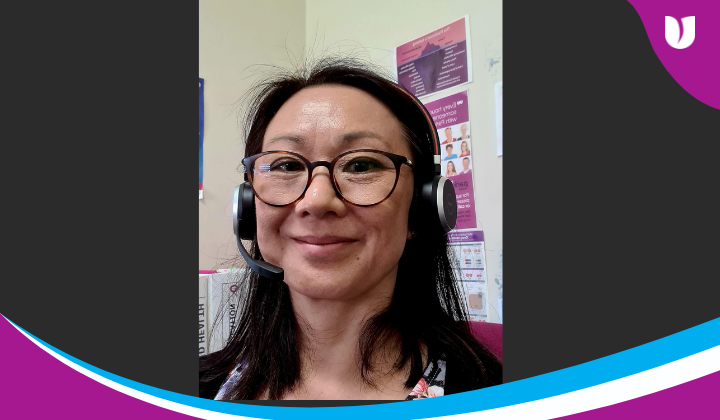As the NSW Government has started to navigate its roadmap to post COVID-19 recovery, it is time to start thinking about life after lockdown.
But even though many of us have been dreaming about the day that things go back to normal, Professor Vijaya Manicavasagar of the Black Dog Institute cautions that re-entry into the real world might not be all smooth sailing.
For a start, we can expect to see lots of changes when we emerge into the world – ranging from a favourite café that didn’t survive the shutdown to greetings between friends that now consist of a nod or a wave, rather than a warm hug.
Practical activities like driving a car or catching a train may feel strange, and for many of us, the desire to pick up old hobbies and habits – a drink at the pub, a dinner party with friends and family – might be tinged with concern about whether it’s really wise to socialise in close contact with others.
But for others, the changes might be deeper. The unexpected nature of the pandemic and its sudden and intrusive arrival in our lives will leave some of questioning whether the world is still a safe place.
“The world might actually be a different place when we get out of this,” says Professor Vijaya Manicavasagar, a senior clinical psychologist at the Black Dog Institute who specialises in adult separation anxiety disorder.
“The fact that we’ve had a pandemic in our lifetime, for a lot of people that would shake their beliefs in the world, the stability of the world, that nothing bad can happen. It’s a shock.”
Practical concerns
For those who have lost businesses or jobs, there are also practical concerns to grapple with – finding work, meeting financial commitments, applying for Centrelink benefits, or negotiating with landlords and banks to manage rent, mortgages, and credit card payments.
These financial pressures will be front and centre of many people’s lives for the foreseeable future and could have a significant impact on their mental health.
“A lot of things that people are going to be worrying about [will be economic issues] – their future, their career, their training. There are some very practical pressures that are going to drive some of this anxiety – it’s not all just about reintegrating into society,” Manicavasagar says.
The good news is that if research tells us anything, it’s that shared experiences of stress can actually bring communities together in way we may not have experienced prior to COVID-19.
“When you read the academic literature on natural disasters, as horrible as they are, [in the aftermath] people help each other and there’s often a sense of shared humanity,” Manicavasagar says.
“The fact that we’re actually doing so well [in terms of flattening the curve of infection] indicates that we’re all trying to do the right thing for each other.”
Tips on easing back into life after lockdown:
- Take it slowly. Simple things like doing the grocery shopping, driving a car, or spending time with friends might feel strange as you move back into your post-lockdown life. Take note of how you feel and consider speaking to your GP if feelings of anxiety persist or worsen.
- Rebuild your relationships. It’s been a while since you’ve physically seen your friends and family members – and remember, they’ve changed as much as you have. Spend some time together processing the experience, rebuilding bonds, and supporting one another as you move into the next phase of your relationship.
- Seek help early. Everyone reacts differently to change. Feelings of anxiety, difficult sleeping, changes to your appetite, irritability and bouts of crying are all signs you may need some extra support. Speak to your GP about a referral to a mental health resource.
- Reflect on your experience – Rather than focusing on going ‘back’ to your old life, take some time to think about whether the lockdown experience could help you make positive changes going forward. Have you realised you want to work less, exercise more, make more effort to spend time with friends and family? Make a list of new habits you’d like to embrace and start implementing them one by one.
Sources:
Professor Vijaya Manicavasagar is a senior clinical psychologist at the Black Dog Institute and the author of Separation Anxiety Disorder in Adults.
Impact on people living with Parkinson’s
“Some of the psychosocial aspects of Parkinson’s may have become accentuated during lockdown,” says Shushann Movsessian, Parkinson’s NSW Counsellor.
“People may experience anxiety, some paranoia, and possibly impulsive and recurring negative thinking tracks. They could feel like they have lost some physical and mental skills due to the closing of health and fitness amenities, travel, hospitality, and social services.
“In other words, we have had limited or no access to programs and outlets that have helped promote a sense of wellbeing for us,” says Shushann.
There have also been more pressures on carers who are feeling more isolated in their care for a person living with Parkinsons – which can have a variety of negative consequences.
Their usual coping strategies and outlets have not been as available – such as meeting with a friend at a local café or restaurant, going to a movie or the gym while their partner or family member with Parkinson’s has a carer looking after them.
Isolation during lockdown may also have increased feelings of being disconnected from meaning in life, and from family and community.
There can also be a feeling of loss of control over the progression of Parkinson’s. A person living with Parkinson’s may already have a fear of the future with the disease, but this is further aggravated by fear of the future due to the pandemic lockdown.
“I recommend one of the best things that caregivers and family members can do is to make sure the person living with Parkinson’s does not withdraw into apathy and self- isolation; encourage them to re-engage with services and activities that promote wellbeing,” says Shushann.
“Lockdown has thrown many people’s routines out, so try to develop some post-pandemic structure. Having regular weekly routines helps people reconnect to a sense of purpose, meaningful structure and control.”
For example, every day starts with a walk, Monday and Tuesday are for the physio and the gym, Wednesdays are coffee catchups, attend regular Support Group meetings, and so on.
“Try to recognise those things we have control of and bringing our focus back to that,” emphasises Shushann.
Shushann Movsessian is a Psychotherapist, Counsellor and Coach with 30 years of experience. People living with Parkinson’s, caregivers and family members can seek support from Shushann by calling the Parkinson’s NSW InfoLine: 1800 644 189









